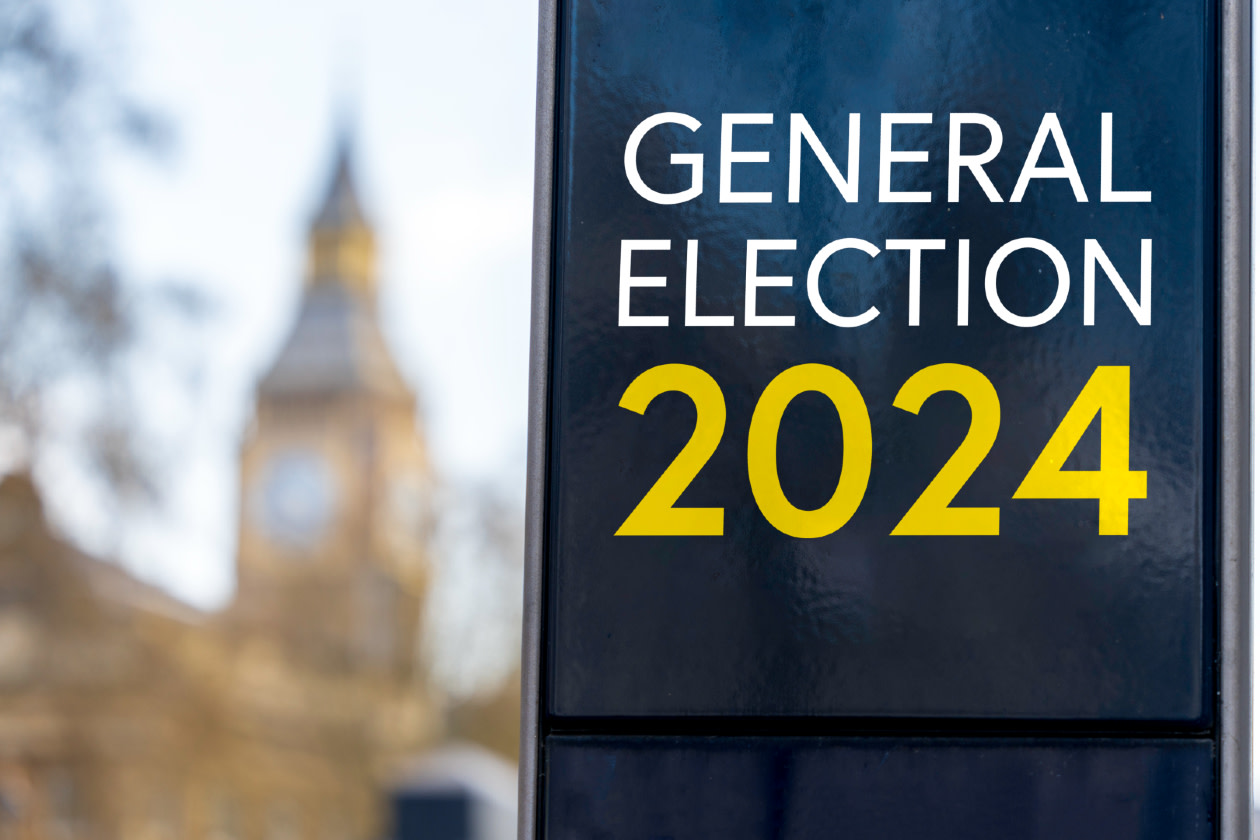Labour will promise to consult on its controversial plan to impose higher taxes on private equity bosses, as leader Sir Keir Starmer on Thursday pledges to put “wealth creation” at the heart of his election manifesto.
Rachel Reeves, shadow chancellor, has previously called the “carried interest” tax loophole “absurd” and in 2021 said she hoped to increase taxes on the private equity sector by £440mn.
Reeves has told colleagues she will consult on the private equity crackdown and is confident from her talks with the sector that there will be “no exodus” from the UK, according to Labour officials. Private equity leaders are expected to try to water down Labour’s proposals.
In February, Reeves’s spokesperson insisted a Labour government would charge the top 45p rate of income tax on profits private equity bosses earn on successful deals.
At present, “carried interest” payments received by private equity executives are taxed at the 28 per cent capital gains tax rate. Some Labour insiders say a compromise rate between 28 per cent and 45 per cent could be found.
Starmer and Reeves will argue that higher taxes on private equity bosses will not cut across Labour’s overarching pro-business message.
At his manifesto launch in Manchester on Thursday, the Labour leader will claim his plan to “get Britain building again” — which includes planning and energy reforms — will stimulate UK economic growth after years of sluggish productivity.
The comments are intended to demonstrate how Starmer has reinvented Labour as centrist and pro-business, far from the radical left-wing party he inherited from former leader Jeremy Corbyn.
Starmer’s allies are making a virtue of the fact that the Labour leader will “not pull any big rabbits out of the hat” at the manifesto launch. “If you want entertainment, go to the cinema,” said one.
One new policy that will appear in the manifesto is a commitment that a Labour government would create a new “defence industrial strategy”, shadow defence secretary John Healey told the Financial Times.
However most of the document will consist of existing policies, meaning no need for any big tax rises beyond those already announced.
By contrast Conservative leader Rishi Sunak threw out a package of new tax cuts and spending increases at his own manifesto launch on Tuesday, promising to fund these through a welfare squeeze and a crackdown on tax avoidance.
Pat McFadden, Labour’s campaign chair, said the party’s unflashy manifesto launch was intended to contrast with Sunak’s “desperate, unfunded spending commitments”.
He said Labour would insist that new money for the NHS and schools would be accompanied by a demand for a change in the way they work. “Investment and reform must go hand in hand,” he added.
Starmer will emphasise Labour’s “tough new spending rules” and highlight Labour’s promise not to lift corporation tax, VAT, income tax or National Insurance.
Elsewhere — for example on capital gains tax and pension tax relief — the party only says it has “no plans” to raise taxes rather than ruling them out entirely. A post-election move by Labour in either area could strain recently improved relations between the party and business.
Starmer will highlight a manifesto pledge to create a state-owned company called Great British Energy and a National Wealth Fund to decarbonise heavy industry.
He will promise a new 10-year “infrastructure strategy” as part of a broader push to shake up planning rules to build new railways, roads and 1.5mn homes over five years.
Starmer will also promise to shift power away from Westminster with a new wave of devolution.
Other key policies that he will highlight on Thursday include Labour’s package of employment reforms dubbed the “New Deal for Working People”.
Starmer will pledge to take six key “steps” in the first term of a Labour government: delivering economic stability, cutting NHS waiting times, launching a new Border Security Command, setting up Great British Energy, cracking down on antisocial behaviour and recruiting 6,500 new teachers.
Healey told the FT defence would be at the heart of Labour’s mission for growth and that he planned to reform defence procurement.
The shadow defence secretary said the Tory government had failed to update their own defence industrial strategy since it was published in 2021 — before Russia’s invasion of Ukraine.
“Britain needs a new era for UK defence to deter threats, defend the country, and defeat any attacks . . . the UK’s defence industrial base must be capable of producing equipment we need at scale and innovating to stay ahead of those who would do us harm.”
This article was written by Jim Pickard and George Parker from The Financial Times and was legally licensed through the DiveMarketplace by Industry Dive. Please direct all licensing questions to legal@industrydive.com.

